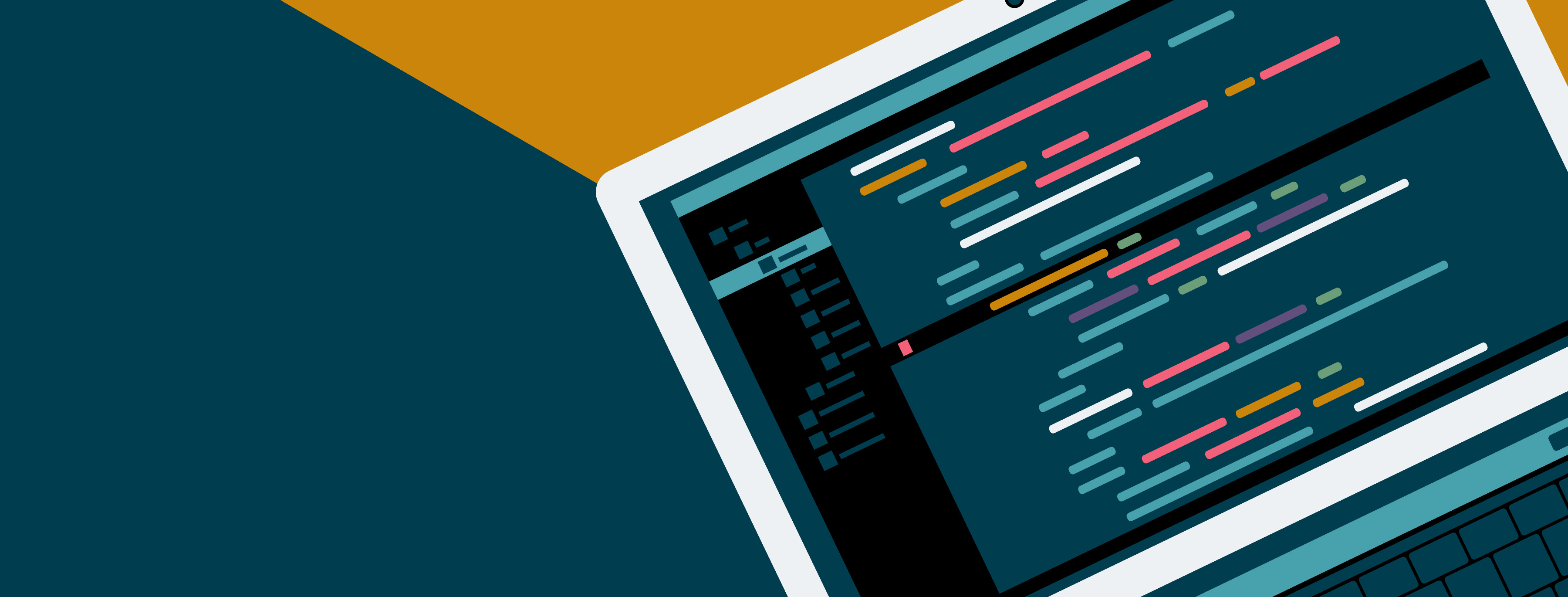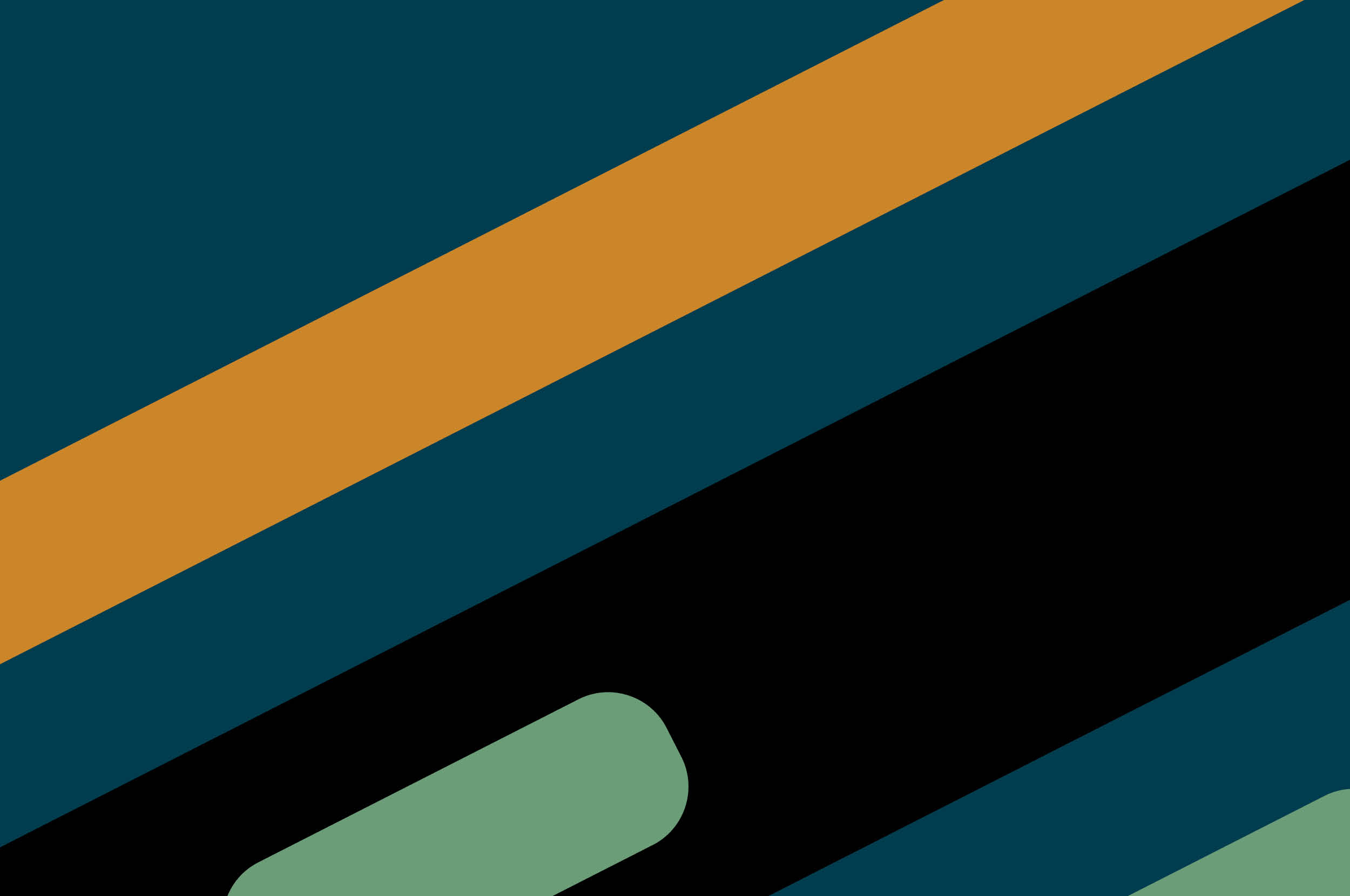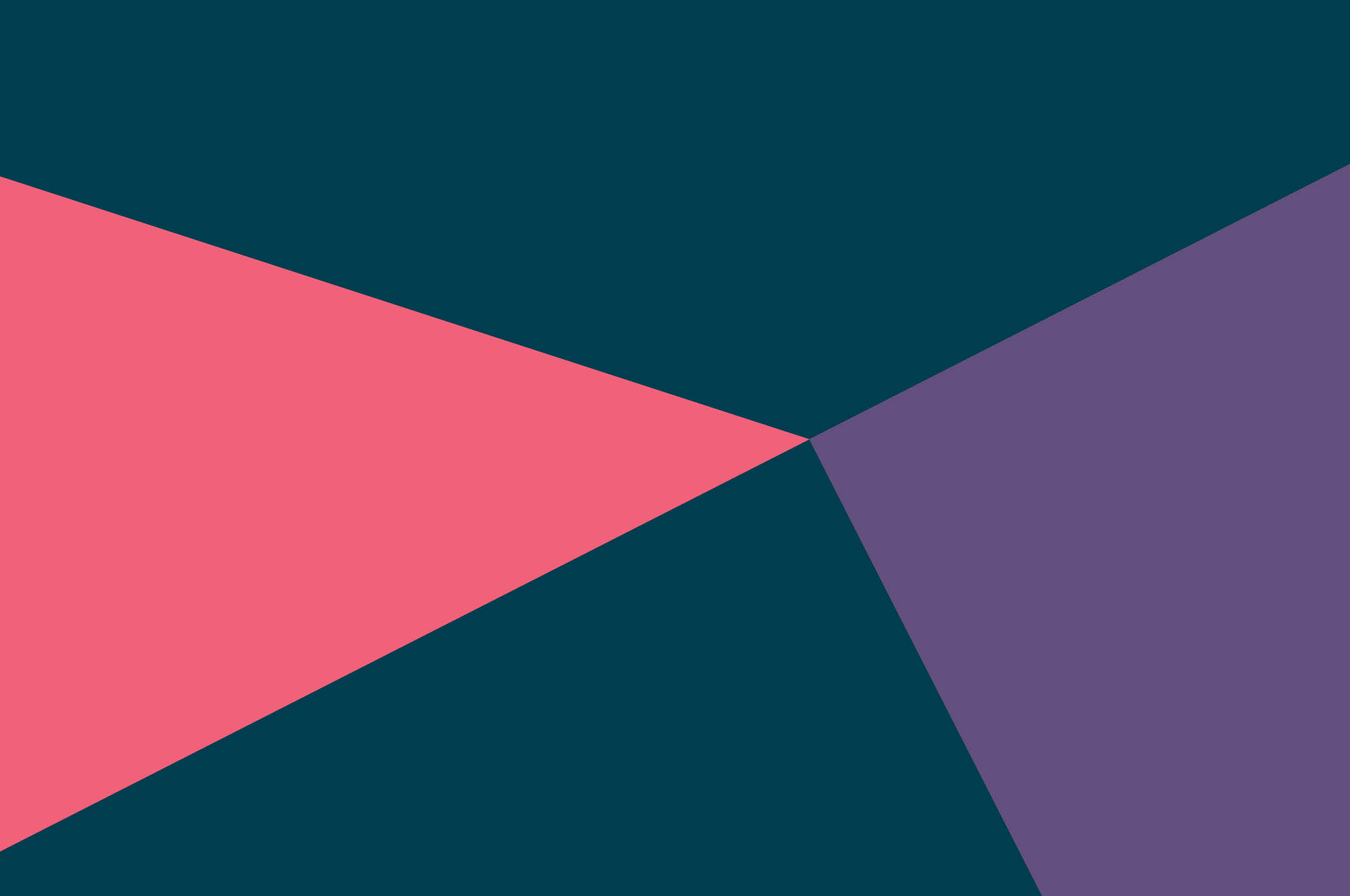First of all, I am Ismael and I've been a Thoughtworker for five years and nine months. I am a deaf white man and I have blue eyes, short brown hair and I use a beard. I live in the south of Brazil and I am a FrontEnd developer. Since I joined Thoughtworks, I have been involved in actions related to accessibility and inclusion. One of these actions began a couple years ago and it is called the Inclua Program.
The main objective of the Inclua Program is to foster a culture of inclusion through technical training and hiring people with disabilities in the technology market in Brazil. This program is very special to me for having this look at people with disabilities who face daily barriers to enjoy the opportunities of access, education and work. Inclua offers courses designed for human diversity, especially for people with disabilities, and is prepared with materials that are accessible to screen readers, classes have Brazilian Sign Language interpreters, and the program looks with affection at people who are daily ostracised for the characteristic that makes them "disabled".
As disabled people, throughout our studies, including university degrees, we have faced difficulties with a lack of interpreters, a lack of accessible materials, a lack of a more humane attitude to our differences. These gaps mean we often receive lower quality training than others. This situation gets worse when we go to the labor market, which isn’t supportive of employing people with disabilities. For example, only approx 1% of people with disabilities are formally employed in Brazil (WHO, 2022).
As a deaf man, I feel fulfilled boosting other people with disabilities because I know they are capable and I have already felt the challenges of proving myself as a capable person. It is also a way to disseminate information about who we are and show people not only through discourse, but as co-workers, that diversity is a gain and not a loss. We often lose that courage and self-confidence by others not believing in us, so we stop believing in ourselves. When we are truly included, we have the same opportunities as others, allowing us to move up to leadership positions, impacting the teams in which we operate and the society in which we live.
The Inclua program
The Inclua program began with research to understand:
Growth trends in the demand to include people with disabilities in the technology market;
The training required within Thoughtworks teams;
And Thoughtworks’ desire to become a reference company in the inclusion of people with disabilities.
Supported by this research, the design of the program began. For it to be possible to build a program of extraordinary impact, we established several partnerships and completed extensive preparation, including training for Thoughtworkers and the restructuring of systems, processes and internal documents with accessibility in mind to better receive future hires.
Putting the program into practice
Inclua was launched: the first back-end Java training class exclusively for people with disabilities of all descriptions.
To reach people nationwide, publicity campaigns were carried out and the result was impressive. Inclua posts had a massive number of interactions on Thoughtworks’ social networks and the number of subscribers was almost twice our goal.
With a thorough enrollment and selection phases, the first group of the Inclua Program was defined: 34 people with disabilities ranging from visual, hearing, motor and physical to neurodiverse. The group was also diverse in gender and race as well as differing in levels of technology background.
At the end of the five-month course came another selection stage, and ten people were hired. With that, Thoughtworks expanded its role as a responsible technology company, by finding opportunities to include a group historically excluded from the software development process. The new hires joined the revised, fully accessible Thoughtworks University.
Learn more about TWU here.
Inclusion beyond training
In 2023, Brazil was not hiring many graduates, but the program did not stop. We continued our research:
Interviewed underrepresented groups on the challenges they face in the job market
Collected feedback from Inclua students to seek improvements.
Investigated potential partners and assessed their services with our accessibility criteria.
The research led us to propose a partnership to offer the course to the external community in the future. The study was also important to analyze the inclusion of our colleagues with disabilities in Thoughtworks teams and to continue improving so that access and inclusion are active sensible defaults. In 2023 we launched the Accessibility Playbook in Portuguese, English and soon in Spanish. This playbook offers a valuable opportunity to face our biases and the structural discrimination we have learned.
We hope with this playbook and the Inclua Program that our company is even more diverse, that everyone feels represented and that we have built a platform for more people with disabilities to take leadership positions.
Disclaimer: The statements and opinions expressed in this article are those of the author(s) and do not necessarily reflect the positions of Thoughtworks.


















